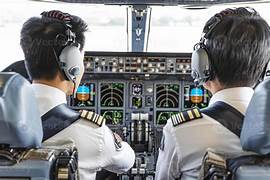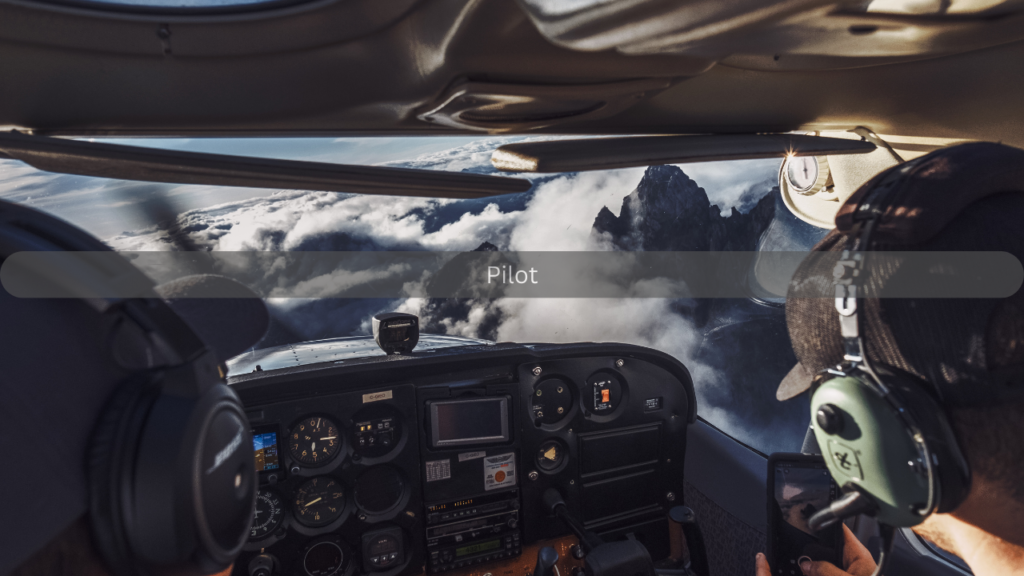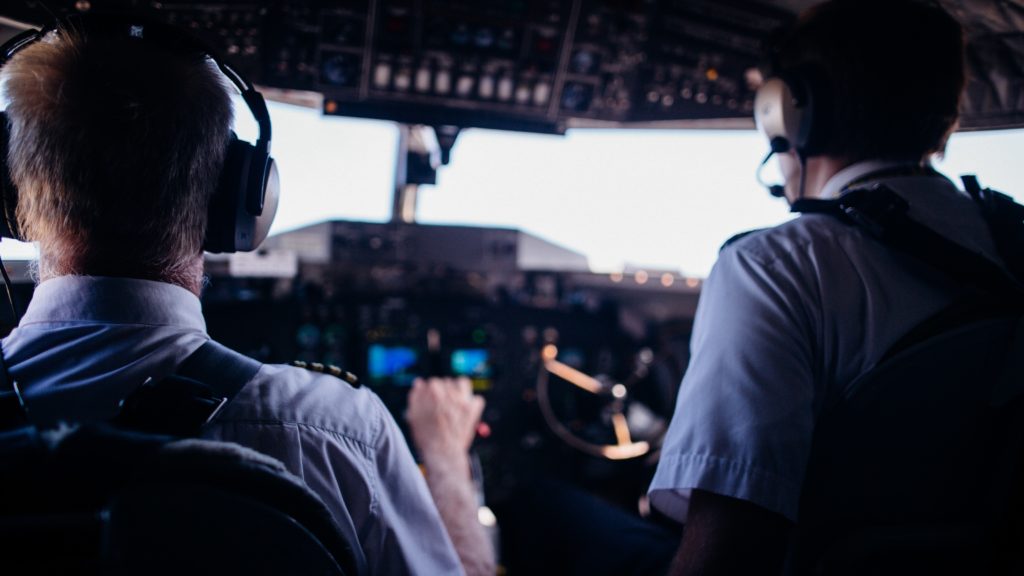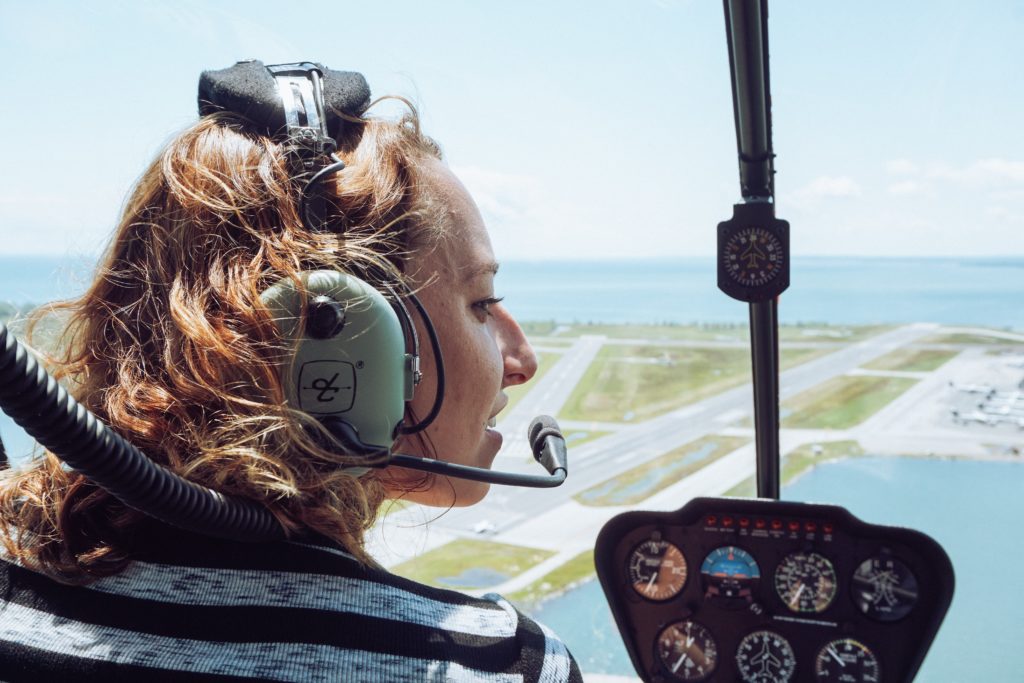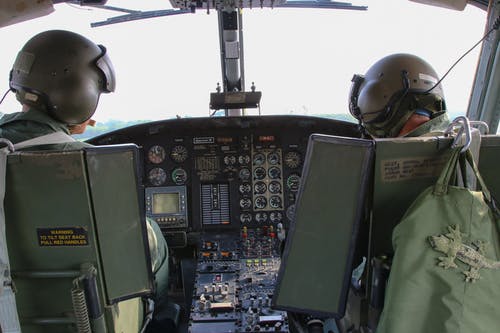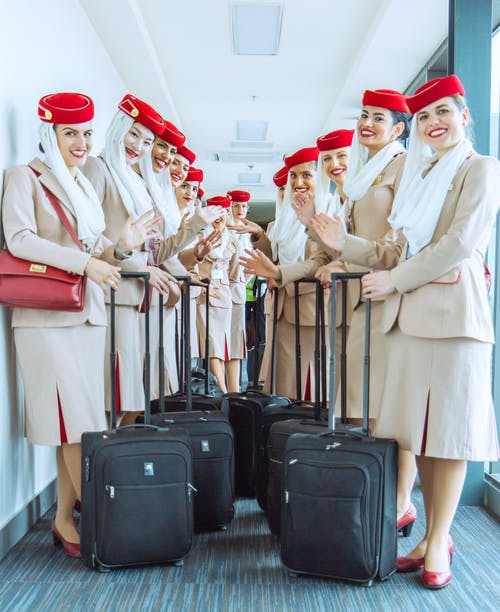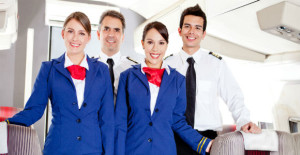The Jet-Set Lifestyle: How Flight Crews Manage Travel, Health, and Relationships

For flight crew members, the job comes with the thrill of a jet-set lifestyle, offering opportunities to visit destinations worldwide and experience a dynamic work environment. However, behind the glamour of constant travel lies the challenge of maintaining personal health, fostering relationships, and finding balance in a lifestyle that is anything but conventional. Pilots and flight attendants have developed strategies to navigate these challenges, creating a fulfilling life amidst the demands of their profession.
The Allure and Demands of Constant Travel
Travel is one of the most significant perks of being a flight crew member. Layovers in iconic cities, beachside resorts, or quaint villages offer opportunities for exploration, cultural immersion, and memorable experiences. For many crew members, these moments are what make the job rewarding, as they get to explore the world in a way few others can.
However, constant travel also comes with its downsides. Long hours in the air, frequent time zone changes, and irregular schedules can disrupt circadian rhythms, making it challenging to establish a routine. Crew members often face jet lag, fatigue, and limited downtime, which can affect their energy levels and overall quality of life. Despite these challenges, flight crews have developed techniques to mitigate the physical toll of travel, such as maintaining consistent hydration, practicing sleep hygiene, and prioritizing rest during layovers.
Prioritizing Health in the Skies
Managing physical and mental health is a priority for flight crew members, as their demanding schedules require them to remain alert and focused. Maintaining a balanced diet is crucial, though it can be challenging when access to fresh, healthy meals is limited during flights. Many crew members bring their own snacks, focus on staying hydrated, and limit caffeine and alcohol intake to stay in peak condition.
Exercise is another critical component of staying healthy. Whether it’s taking advantage of hotel gyms during layovers or engaging in bodyweight exercises in their rooms, crew members find ways to stay active despite their hectic schedules. Stretching, yoga, and mindfulness exercises also help alleviate the physical strain of long flights and promote mental well-being.
Balancing Relationships and a Global Lifestyle
Maintaining personal relationships while living a jet-set lifestyle can be one of the most challenging aspects of the job. Flight attendants and pilots often miss important events, holidays, and milestones with their families and friends due to their unpredictable schedules. This can strain relationships if clear communication and mutual understanding aren’t prioritized.
To bridge the gap, many crew members rely on technology to stay connected. Video calls, instant messaging, and shared calendars allow them to maintain a sense of closeness with their loved ones even when they’re thousands of miles away. Additionally, many find support within the aviation community, forming close friendships with colleagues who understand the unique challenges of the job.
Finding Fulfillment in the Lifestyle
Despite the challenges, many flight crew members thrive in their roles, embracing the opportunities their careers provide. They find joy in meeting new people, exploring the world, and sharing experiences with their colleagues. The jet-set lifestyle becomes a way of life, one that is full of adventure and personal growth.
Conclusion
The jet-set lifestyle of flight crews is a blend of excitement and responsibility, offering unique experiences while demanding careful management of health and relationships. By prioritizing wellness, staying connected with loved ones, and embracing the opportunities for exploration, flight crew members find ways to balance their dynamic careers with fulfilling personal lives. For those who cherish adventure and adaptability, this lifestyle offers rewards that extend far beyond the skies.
